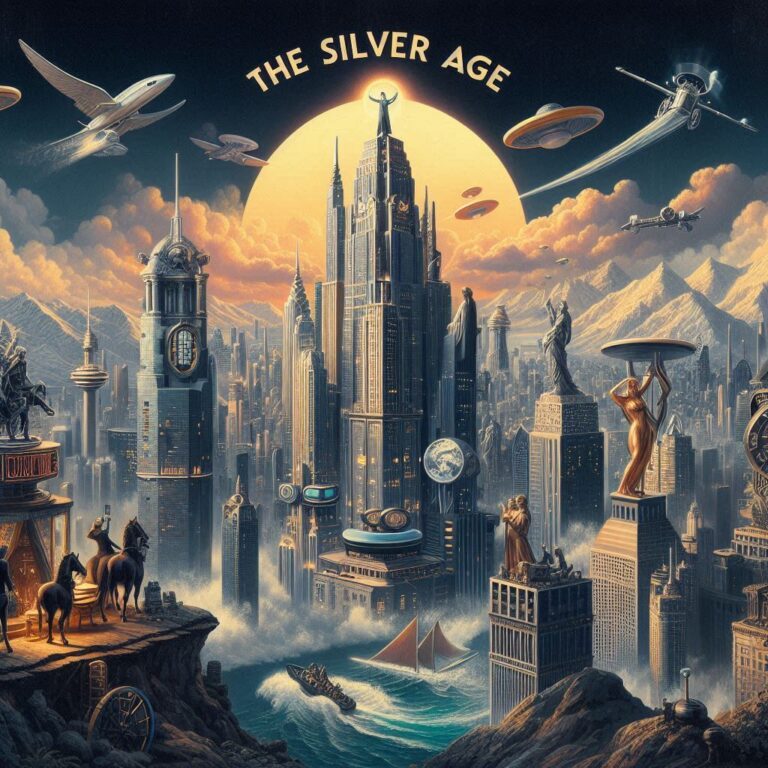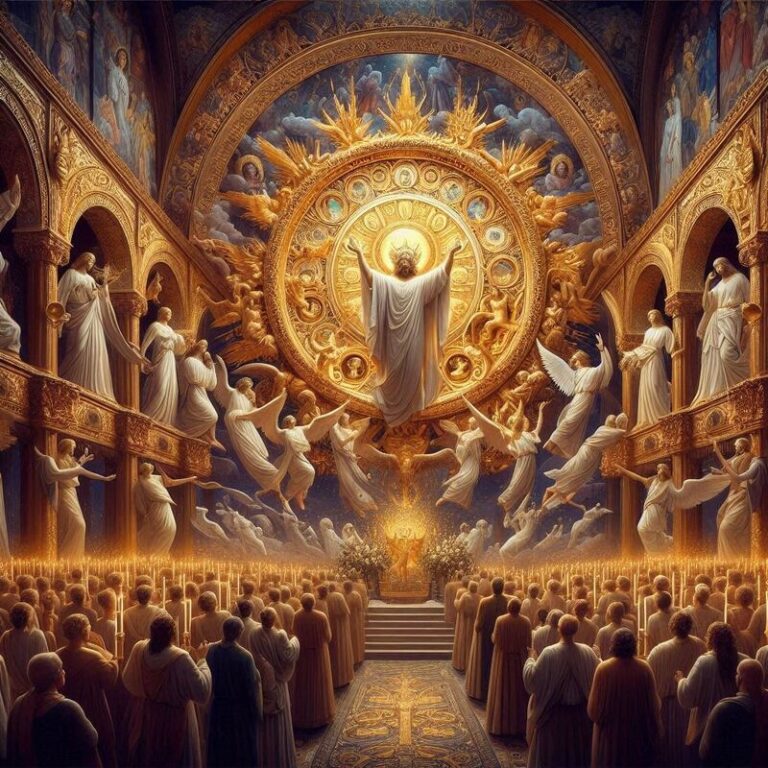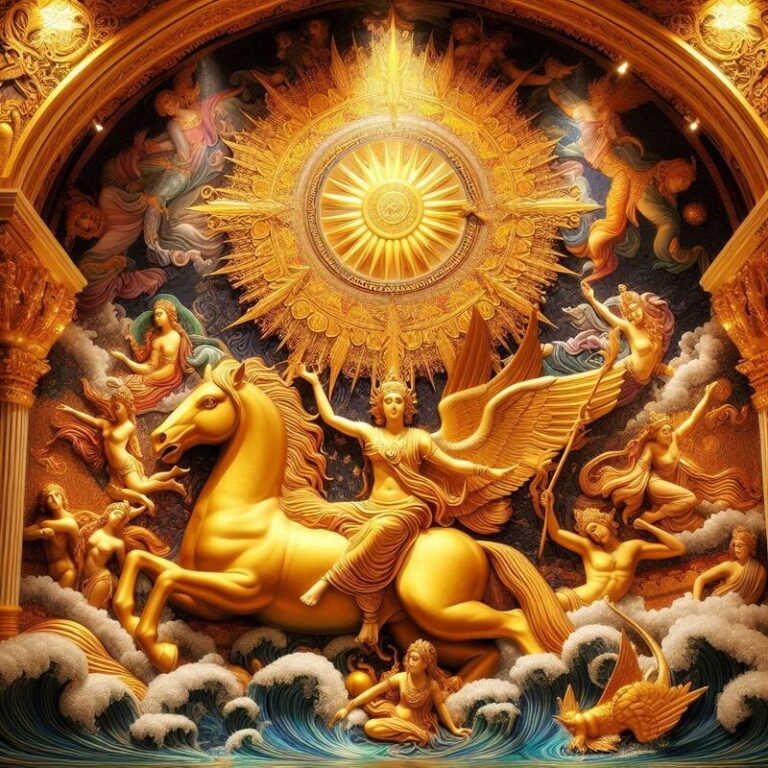Eden The Mystical Garden of Beauty and Bliss
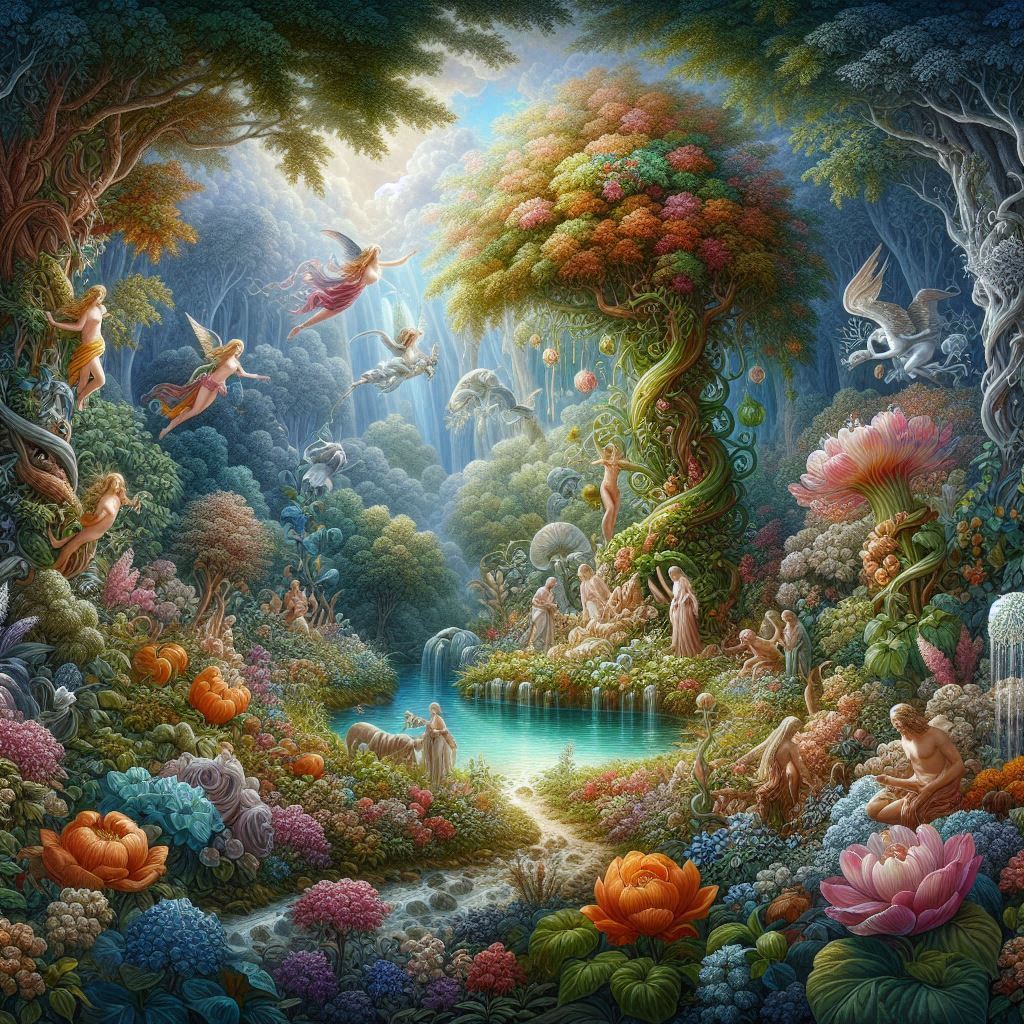
Eden The Mystical Garden of Beauty and Bliss
Eden Unveiled: The Mystical Garden of Beauty and Bliss
The Garden of Eden, often simply referred to as Eden, is one of the most evocative and enduring symbols in human history. Depicted as a lush, idyllic paradise, Eden is the setting for the biblical creation story of Adam and Eve, the first humans according to Judeo-Christian tradition. This narrative, found in the Book of Genesis, has captivated the imagination of believers and scholars for millennia. Beyond its religious significance, the Garden of Eden has become a powerful cultural metaphor, representing an unspoiled utopia, a state of innocence, and the profound human longing for a lost paradise.
Eden The Mystical Garden of Beauty and Bliss
The Origins of Eden
The story of the Garden of Eden is primarily detailed in the first two chapters of Genesis. According to the narrative, God created the first man, Adam, from the dust of the ground and breathed life into him. He then placed Adam in Eden, a garden filled with every kind of tree that was pleasing to the eye and good for food. Among these trees were two of particular significance: the Tree of Life and the Tree of the Knowledge of Good and Evil.
Eden is described as a well-watered garden, with a river flowing out of it that splits into four headwaters: the Pishon, Gihon, Tigris, and Euphrates. This description has led to considerable speculation about its geographical location, though no definitive place has been identified. Some interpretations suggest a location in Mesopotamia, while others propose symbolic or allegorical readings. Eden The Mystical Garden of Beauty and Bliss
God created Eve from one of Adam’s ribs to be his companion. Adam and Eve lived in a state of innocence, unaware of their nakedness, and had direct communion with God. This period in Eden represents a time of perfect harmony between humanity and the divine, as well as between humans and nature.
Unveiling the Beauty of Eden
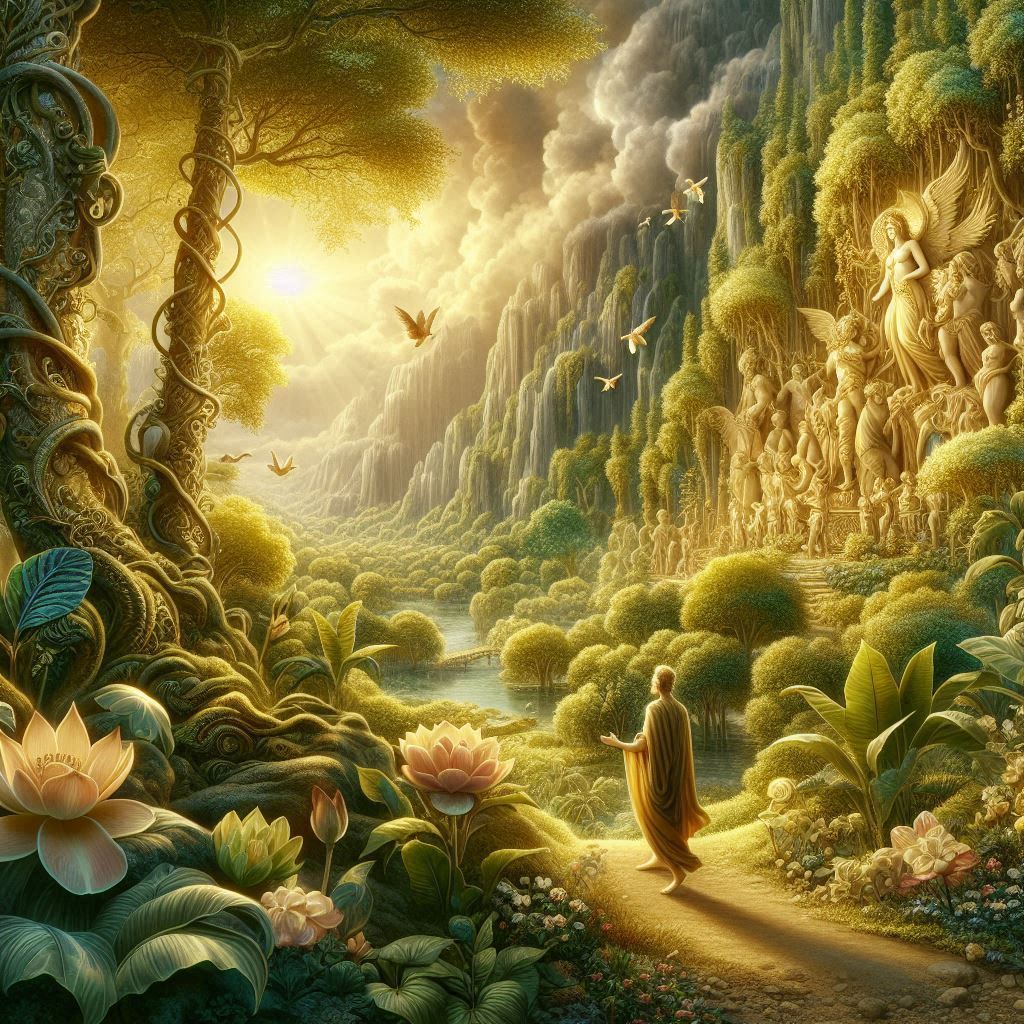
Eden is often envisioned as the epitome of natural beauty and bliss, a place where every aspect of creation is in perfect harmony. The garden is described as being filled with a diverse array of flora and fauna, creating an environment of lush greenery, vibrant flowers, and abundant wildlife. The presence of the Tree of Life and the Tree of the Knowledge of Good and Evil adds to the garden’s mystical aura, symbolizing the profound themes of life, knowledge, and choice.
A Perfect Ecosystem
Eden The Mystical Garden of Beauty and Bliss
In the Garden of Eden, the ecosystem is depicted as being perfectly balanced. Every plant and animal existed in harmony, with no need for struggle or survival of the fittest. This idealized view of nature reflects a longing for a world where all living beings coexist peacefully, free from the conflicts and challenges of the present world. The well-watered landscape, with its river that divides into four headwaters, suggests a place of abundance and nourishment, where life thrives effortlessly.
The Harmony of Relationships
One of the most striking aspects of Eden is the harmonious relationship between humans and the rest of creation. Adam and Eve’s interaction with the garden is characterized by stewardship and care, rather than exploitation. This ideal relationship underscores the biblical vision of humanity’s role as caretakers of the earth, responsible for nurturing and preserving the natural world.
The Mystical Significance of Eden
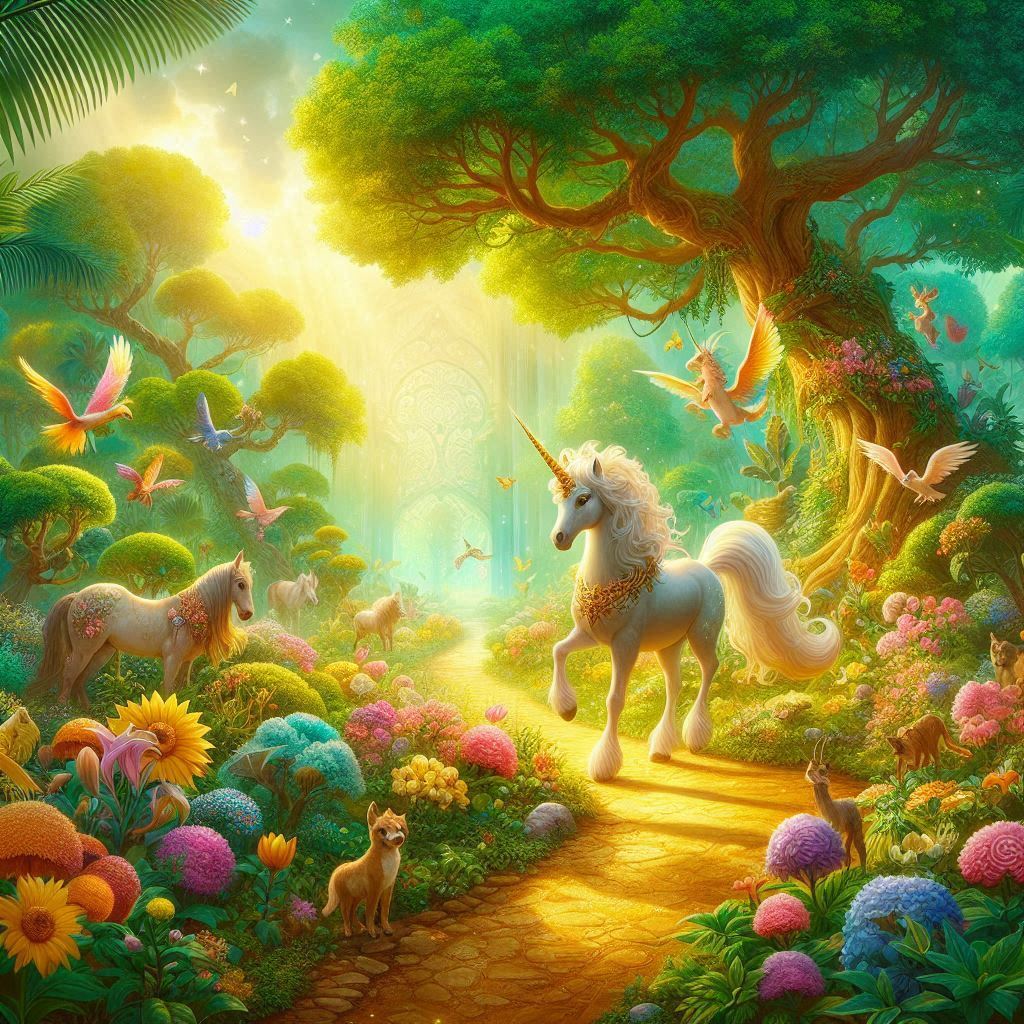
Eden The Mystical Garden of Beauty and Bliss
Beyond its physical beauty, the Garden of Eden holds profound mystical significance. It represents a state of spiritual perfection and closeness to the divine that humanity longs to return to. The narrative of Eden serves as a powerful metaphor for the human condition, exploring themes of innocence, temptation, and the quest for redemption.
The State of Innocence
In Eden, Adam and Eve lived in a state of innocence, unaware of their nakedness and free from shame. This innocence is a key aspect of the garden’s mystical appeal. It represents a time before the fall, when humanity was untainted by sin and lived in perfect communion with God. The loss of this innocence through the act of disobedience is a central theme in the narrative, highlighting the human struggle with temptation and the consequences of moral choices.
The Role of the Serpent
Eden The Mystical Garden of Beauty and Bliss
The serpent in Eden, often interpreted as a manifestation of Satan, plays a crucial role in the unfolding drama. By tempting Eve to eat the forbidden fruit, the serpent introduces the element of choice and free will. This act of temptation and the subsequent fall underscore the complexity of human desires and the challenges of adhering to divine commandments. The serpent’s presence adds a layer of mystical intrigue, representing the darker forces that can lead humanity astray.
The Quest for Redemption
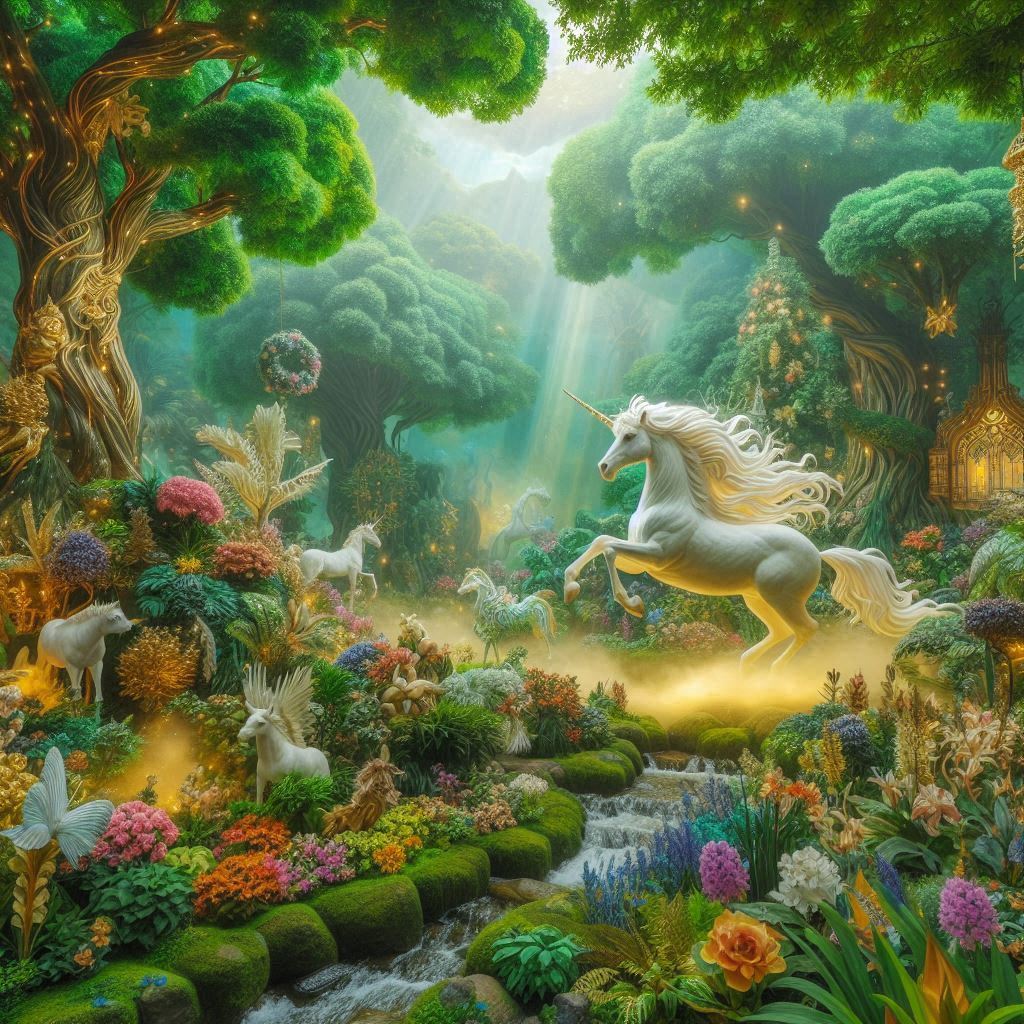
The expulsion from Eden marks the beginning of humanity’s quest for redemption. According to the biblical narrative, Adam and Eve’s disobedience led to their exile from the garden and the introduction of suffering, toil, and death into the human experience. However, the story of Eden also contains a promise of eventual redemption and restoration. The Tree of Life, guarded by cherubim and a flaming sword, symbolizes the hope of regaining eternal life and returning to a state of divine communion.
Eden The Mystical Garden of Beauty and Bliss
Cultural Impact and Legacy
The Garden of Eden has had a profound impact on Western culture and beyond. Its influence can be seen in art, literature, and popular culture, where it often symbolizes an idealized, unspoiled world. Renaissance artists, for instance, frequently depicted scenes from Eden, capturing the beauty and innocence of the first humans and the dramatic moment of their fall. Eden The Mystical Garden of Beauty and Bliss
Art and Literature
In art, Eden has been a favorite subject for centuries. From Michelangelo’s frescoes in the Sistine Chapel to John Milton’s epic poem Paradise Lost, the imagery and themes of Eden have inspired some of the greatest works of Western art and literature. Milton’s work, in particular, delves deeply into the theological and philosophical aspects of the Eden narrative, exploring the nature of free will, obedience, and redemption.
Modern Interpretations
Eden The Mystical Garden of Beauty and Bliss
In modern times, the concept of Eden continues to be a powerful symbol. It appears in various forms of media, including films, novels, and even video games, where it often represents an ideal world that is lost or in danger. The narrative of the Fall and the yearning to return to a state of innocence resonate with contemporary audiences, reflecting ongoing concerns about human nature, the environment, and the search for meaning. Eden The Mystical Garden of Beauty and Bliss
Environmental Symbolism
In the context of environmentalism, Eden is sometimes invoked as a symbol of the pristine natural world that humanity has despoiled. The expulsion from Eden can be seen as a metaphor for the consequences of environmental degradation and the loss of the Earth’s natural beauty and resources. This interpretation calls for a return to harmony with nature and a renewed stewardship of the planet.
Eden The Mystical Garden of Beauty and Bliss
Conclusion
The Garden of Eden, unveiled in all its mystical beauty and bliss, remains one of the most compelling and enduring stories in human history. Its rich symbolism and profound themes continue to captivate the imagination, offering insights into human nature, morality, and the eternal quest for a lost paradise. Whether viewed as a literal place, an allegorical narrative, or a cultural metaphor, Eden speaks to the deepest aspects of the human experience, reflecting our hopes, fears, and the timeless longing for a perfect world. Eden The Mystical Garden of Beauty and Bliss
The legacy of Eden endures, reminding us of the potential for both great harmony and profound loss. It challenges us to reflect on our choices, our relationship with the divine, and our connection to the natural world. In the story of Eden, we find not just a tale of beginnings, but a timeless reflection on the human condition and the enduring quest for redemption and paradise.
